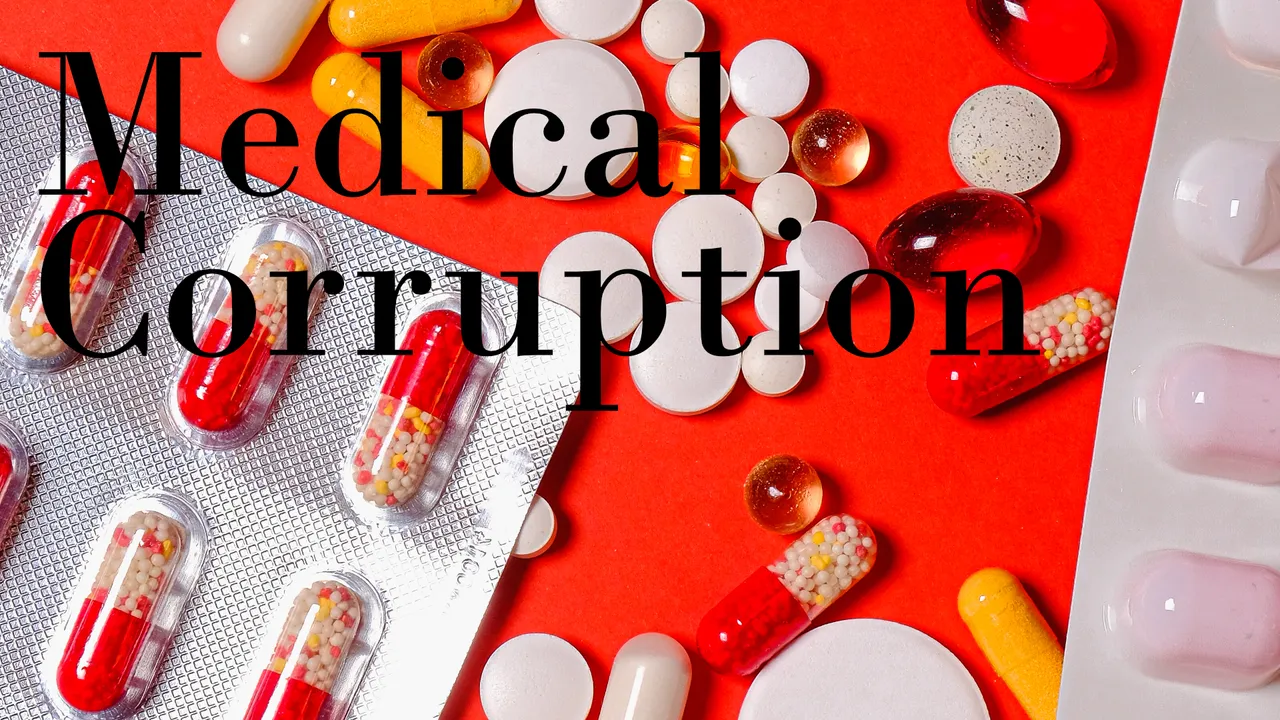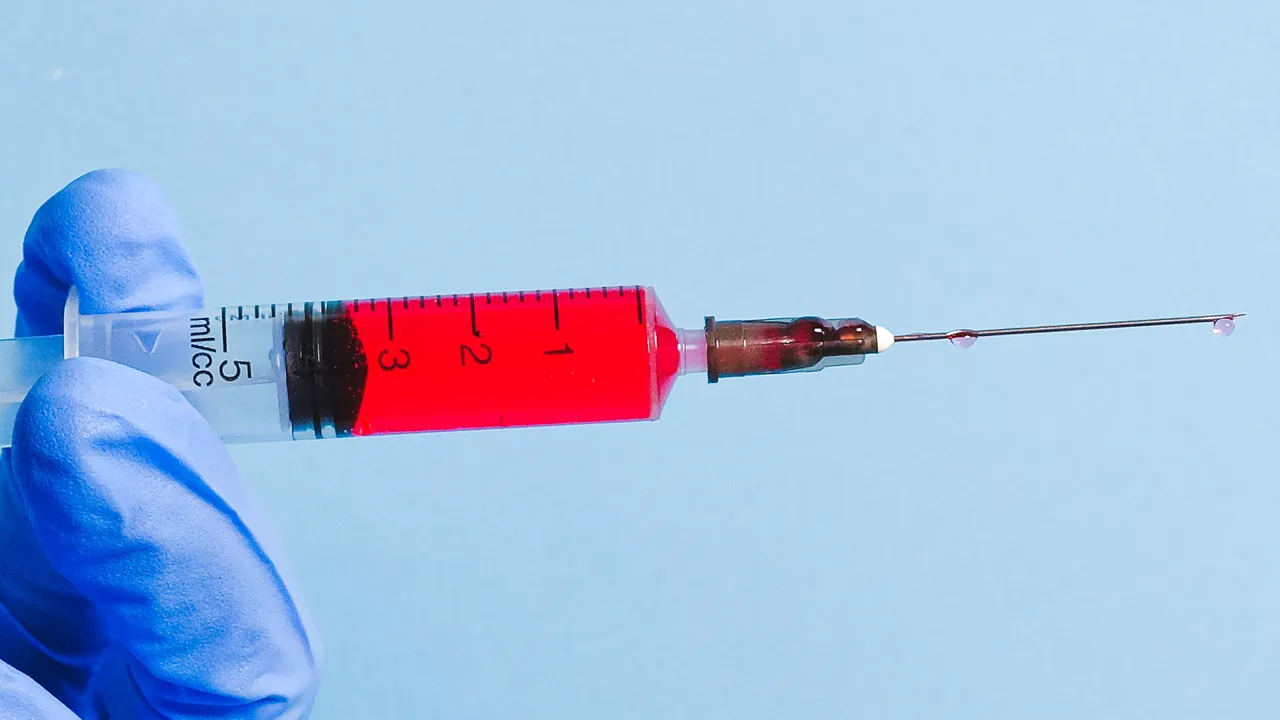Medical corruption refers to the abuse of power, authority, or trust by individuals or organizations involved in the healthcare industry for personal or financial gain. It can take many forms, including fraud, bribery, and kickbacks, and it can have serious consequences for patients, healthcare providers, and the overall healthcare system.
One common form of medical corruption is fraud, which involves the intentional deception of others for personal or financial gain. This can take many forms, such as billing for services or procedures that were not performed, charging for more expensive treatments than were provided, or falsely diagnosing patients in order to prescribe unnecessary or unnecessary treatments. This type of corruption can lead to overcharging and overbilling of insurance companies or government healthcare programs, such as Medicare and Medicaid, resulting in higher healthcare costs for everyone.

Another form of medical corruption is bribery, which involves the exchange of money or other favors in exchange for preferential treatment or access to resources. This can include giving or receiving kickbacks in exchange for referrals to certain healthcare providers or for prescribing specific drugs or treatments. Bribery can also take the form of payments or gifts from pharmaceutical companies to healthcare providers in exchange for promoting or prescribing their products.
Kickbacks, which are payments or other benefits provided in exchange for referrals or other business, are another common form of medical corruption. These can include payments to healthcare providers for referring patients to certain facilities or for prescribing specific drugs or treatments. Kickbacks can also involve the payment of commissions or other incentives to sales representatives for promoting products to healthcare providers.

Medical corruption can have serious consequences for patients. It can lead to unnecessary or inappropriate treatment, which can result in harm or even death. It can also undermine trust in the healthcare system and discourage people from seeking the care they need.
Medical corruption can also have negative impacts on healthcare providers. It can create a culture of distrust and undermine the integrity of the profession. It can also result in legal consequences for those who engage in corrupt practices.
The overall impact of medical corruption on the healthcare system can be significant. It can lead to higher healthcare costs, as insurance companies and government healthcare programs may have to pay for unnecessary or inappropriate treatments. It can also divert resources away from those in need and undermine the effectiveness and efficiency of the healthcare system.
There are several ways to address medical corruption. One approach is through increased transparency and accountability, such as by requiring healthcare providers and organizations to disclose financial relationships with pharmaceutical companies and other industry partners. Another approach is through stricter enforcement of laws and regulations, including stricter penalties for those who engage in corrupt practices. In addition, education and training programs can help to raise awareness of the issues surrounding medical corruption and encourage healthcare professionals to uphold ethical standards.
Overall, medical corruption is a complex and multifaceted problem that requires a comprehensive and multifaceted response. By working to increase transparency, accountability, and ethical behavior in the healthcare industry, we can help to reduce the negative impacts of corruption and ensure that all patients have access to the quality care they need.